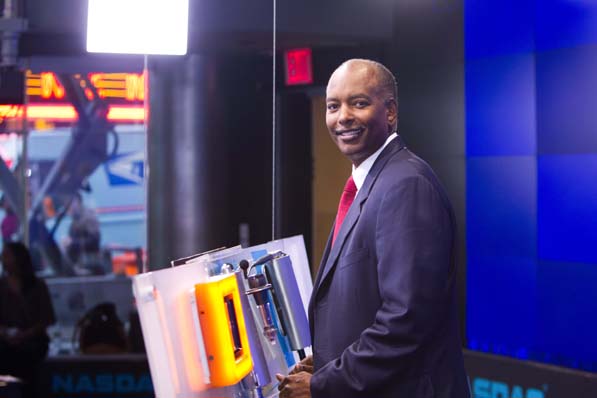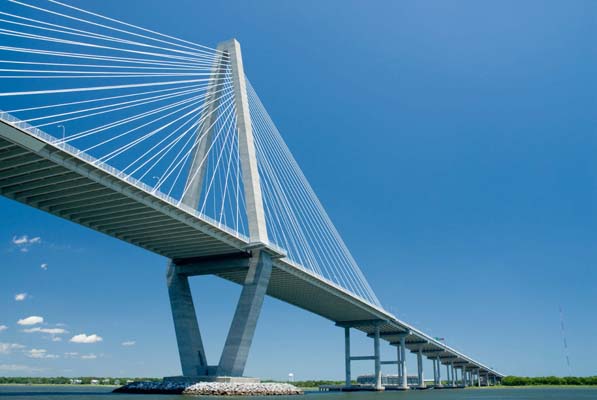Be it custom apparel, imprinted golf balls, or branded tote bags, there’s a good chance Wayne Beasley and Alan McIntosh have brainstormed it, launched it, and managed it. The general partners of Way To Be and their team design promotional products and logo merchandise for some of the world’s biggest companies, including McDonald’s, Autodesk, and Coca-Cola, among others. But as important as the finished product is to the process, this is one promotional-products company that really knows what it takes to make the entire campaign successful.
Most promotional companies handle the design and ordering side of a project, but leave the managing of warehousing and distribution of finished products to the client. Way To Be sets itself apart by taking an unconventional approach. “We actually inventory products here,” McIntosh says. “We use sophisticated forecasting methods to keep the products in stock and to keep them fresh.”
Beasley says the inventory-management service isn’t needed or used for every campaign. Occasionally, corporate clients only need enough t-shirts or bags for one event. For these projects, Way To Be works with the client to craft a procurement and delivery strategy that meets the client’s specific needs. This flexibility makes a big difference when trying to land key clients. Whether it’s a few hundred coffee mugs for a small business or a multiproduct campaign for a global powerhouse, Way To Be offers the right resources.
The landscape of the promotional products industry has evolved too, and many of today’s companies are looking for solutions that convey a new type of message. Businesses are increasingly looking for products that have what McIntosh calls “some type of sustainability story,” and clients sometimes have specific requests for products that incorporate particular materials or methods of manufacturing. Safety is also a prominent concern within the industry. “We safety test a lot of our products, to make sure they’re safe for our clients,” McIntosh says.
Even uniforms get first-class treatment. When McDonald’s wanted new duds, the Way To Be team traveled to Central America to identify vendors using the right fabrics. “We looked at companies working with rPET [recycled polyethylene terephthalate] materials, which are basically recycled plastic bottles that are turned into yarn, which is then used to make new products,” McIntosh says.
What made a good promotional item five years ago might not be a hit today, and knowing which products will resonate for each client is a skill Way To Be takes very seriously. “There are certain products people are looking for,” Beasley says, citing technology items such as smartphone cases and USB devices. He adds that some products—mouse pads, for example—have fallen out of favor. “You have fewer and fewer people using mice,” he says, “so you can see the changing landscape in that.” The team at Way To Be works hard to stay on top of business and consumer trends, giving them the insight to present clients with industry-leading products.

